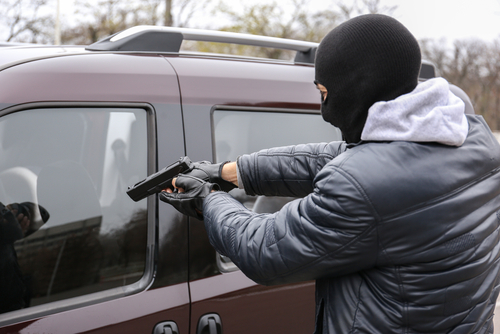Australia is grappling with a surge in antisemitic attacks, as homes, schools, and synagogues fall victim to vandalism and arson. The wave of hate-fueled violence has resulted in a dozen arrests, raising concerns about potential foreign influences behind these hostilities. The situation has prompted nationwide alarm and calls for urgent action to protect vulnerable Jewish communities.
Since October 2023, Australia has witnessed a troubling increase in antisemitic incidents. Counter-terrorism officials have arrested 12 individuals, while nearly 200 more have been charged in New South Wales alone for crimes targeting Jews. The attacks have coincided with a spike in hate-fueled incidents against both Jews and Muslims following the October 7, 2023, Hamas attack on Israel.
Notable incidents include the discovery of a trailer containing explosives and a list of Jewish targets in Sydney, the firebombing of a Melbourne synagogue, and widespread vandalism of Jewish schools and businesses. These attacks have sent shockwaves through Australia’s Jewish community, with many reporting unprecedented levels of antisemitism and fear.
— Shoaib Sultan (@ShoaibSultan_09) January 12, 2025
In response to the crisis, Australia’s federal lawmakers have almost unanimously advanced new hate crime laws. Prime Minister Anthony Albanese has taken a firm stance, stating, “We want people who are engaged in antisemitic activities to be caught, to be charged and to be put in the clink.” The government has also introduced measures to sanction white supremacist networks and criminalize Nazi salutes.
“We want people who are engaged in antisemitic activities to be caught, to be charged and to be put in the clink”
Investigators are now exploring the possibility of foreign actors orchestrating these attacks. This unique aspect of the situation, combined with Australia’s restrictive gun laws, has raised additional concerns about the sophistication and coordination behind these incidents. The potential involvement of foreign influences has elevated the issue to a matter of national security.
The wave of antisemitic attacks has become a significant political issue ahead of the national election. Opposition leader Peter Dutton has described the situation as “a time of national crisis,” highlighting the gravity of the matter across the political spectrum. The incidents have sparked a nationwide debate about responsibility and the need for stronger measures to combat hate crimes.
“This is a time of national crisis”
While there is broad agreement on the need to address the attacks, some voices caution against potential unintended consequences. Sarah Schwartz from the Jewish Council of Australia warned, “The real danger we see here with linking this spate of antisemitic incidents to the Palestine solidarity movement is that that sort of language breeds division, breeds anti-Palestinian racism, breeds Islamophobia and is also bad for Jews as well.”
As investigations continue, authorities are working to uncover any potential links between ideological groups and criminal organizations. Matteo Vergani, an expert on the subject, noted, “It’s not completely new, the connection between ideological groups and criminal groups.” This observation underscores the complexity of the situation and the challenges faced by law enforcement in addressing these crimes.
The surge in antisemitic attacks has undoubtedly shaken Australia’s Jewish community and raised important questions about social cohesion and national security. As the country grapples with this crisis, the coming months will be crucial in determining the effectiveness of new laws and measures in curbing hate crimes and protecting vulnerable communities.

